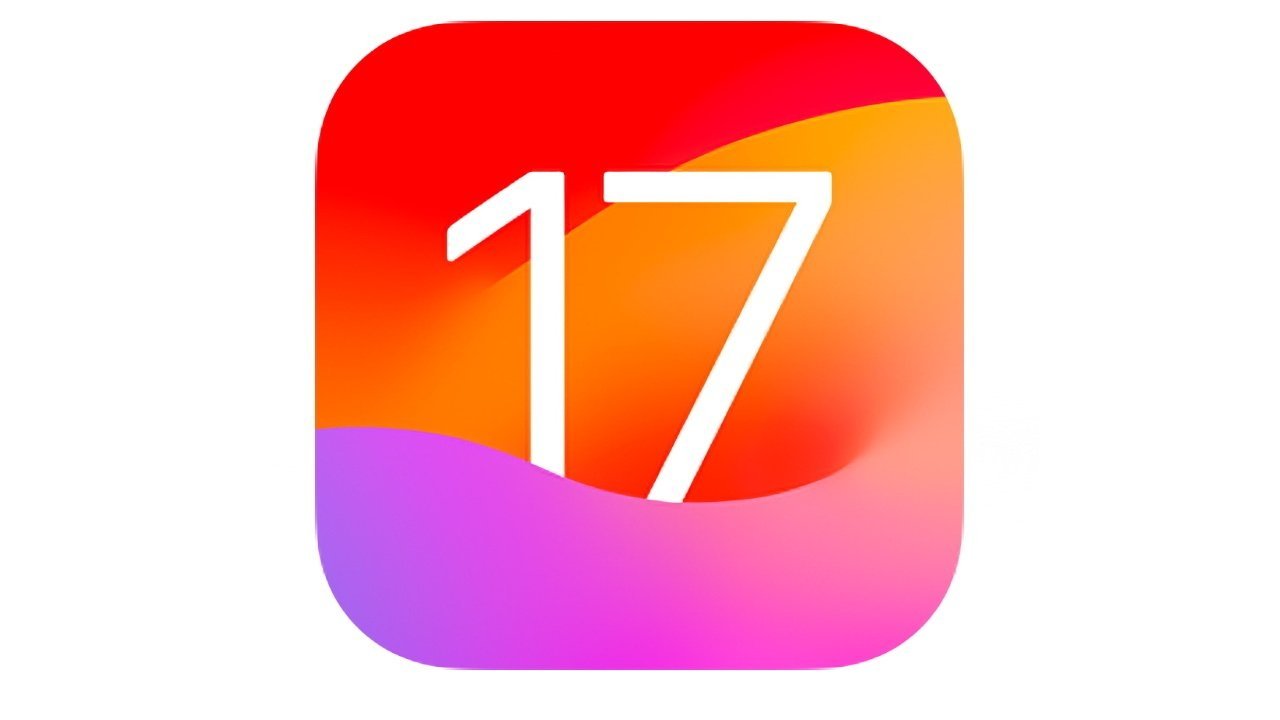Apple’s adoption rates for iOS 17 show it is lagging behind iOS 16, with only 76% of iPhones from the last four years using the operating system.
The February release of iOS and iPadOS usage figures, based on apps interacting with the App Store directly, is an opportunity to see how many people update to Apple’s latest mobile operating systems a few months after launch. Monday’s results indicate that, compared to the year-ago figures, iOS 17 has some catching up to do.
According to the numbers, as of February 4 2024, 76% of iPhone models introduced in the last four years use iOS 17, with 20% still on iOS 16, and 4% on earlier releases. This is down from the 2023 figures, which showed 81% of devices introduced in the last four years used iOS 16 at the time, with 15% left on iOS 15, and 4% on earlier versions.
In terms of all devices that interact with the App Store, the 2024 figures show 66% of iPhones use iOS 17, with 23% on iOS 16, and 11% used earlier releases. This too is down from the year-ago numbers, which put iOS 16 on 72% of all devices, with 20% on iOS 15.
The figures indicate that there are slightly fewer users updating their iPhones from iOS 16 to iOS 17 in the four months after its introduction than people who upgraded from iOS 15 to iOS 16 within a similar time period.
For iPadOS, Apple says that in February 2024, 61% of all iPad models introduced in the last four years use the latest iOS 17, with 29% on iPadOS 16, and 10% on earlier releases. This is an improvement from the year-ago figures of 53% for iPadOS 16, 39% for iPadOS 15, and 8% for earlier versions.
When counting all iPads that interact with the App Store, the 2024 figures detail that 53% use iPadOS 17, 29% use iPadOS 16, and 18% use earlier releases. Again, this is an improvement on the 2023 results of 50% on iPadOS 16, 37% on iPadOS 15, and 13% on previous software versions.
This story originally appeared on Appleinsider


![Apple's iOS 17 and iPadOS 17 adoption rates [Apple]](https://photos5.appleinsider.com/gallery/58473-119112-adoptionrates2024-xl.jpg)